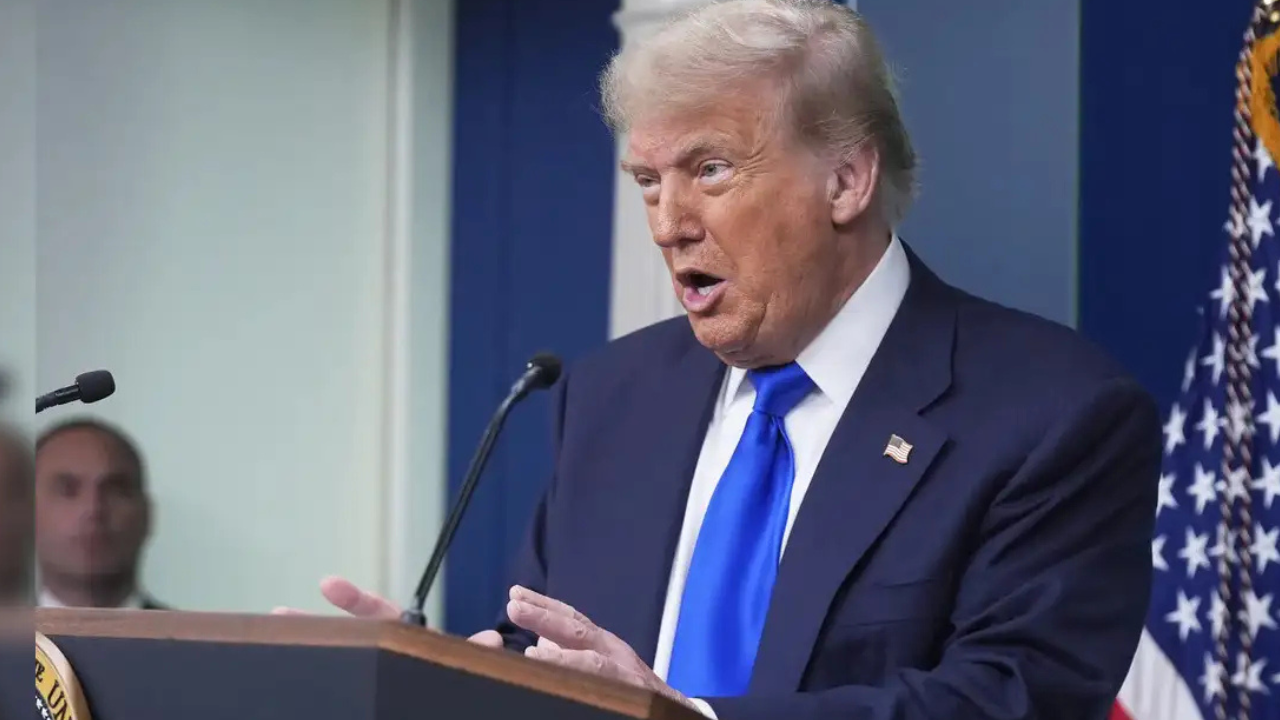
As July 9 looms, marking the end of Donald Trump’s 90-day pause on global tariffs, a White House official has said that the US President “would decide when it was time to give up on negotiations.” Kevin Hassett, director of the White House National Economic Council, told CBS ‘Face the Nation’ on Sunday that while there are deadlines, “maybe things will push past them.”
“The United States is always willing to talk to everybody about everything,” Hassett said. “There are deadlines, and there are things that are close, so maybe things will push back past the deadline or maybe they won’t. In the end the president is going to make that judgment.”
This comes after a White House source has made a bombshell claim. The source, who is familiar with the trade talks, told Politico that the tariff threats and the talks surrounding them are “all fake” and only a “theatrical show.”
The US President initially aimed to engage in bilateral tariff rate discussions, but was met with stalled progress with key allies such as Japan and the European Union. So far, Trump has secured only two trade deals – one with Britain, maintaining a 10 per cent tariff with carve-outs for autos and aerospace, and another with Vietnam, which slashed tariffs on Vietnamese goods to 20 per cent and eliminated duties on several US products.
Trump’s latest ‘take it or leave it’ move
Trump confirmed on Friday that his administration will begin dispatching ‘reciprocal tariff’ letters to 12 countries starting Monday, as part of his hardline trade strategy. These communications, described by Trump as “take it or leave it” offers, may trigger steep tariff hikes of up to 70 per cent on selected imports effective August 1.
Speaking aboard Air Force One en route to New Jersey, Trump told journalists, “I signed some letters and they’ll go out on Monday, probably twelve. Different amounts of money, different amounts of tariffs.”
This move follows Trump’s April announcement of a baseline 10 per cent tariff on most imports, with higher duties up to 50 per cent for countries deemed to have unfair trade practices. That decision was temporarily paused for 90 days — a window that ends on July 9 — to allow for bilateral talks.
(With AP inputs)
